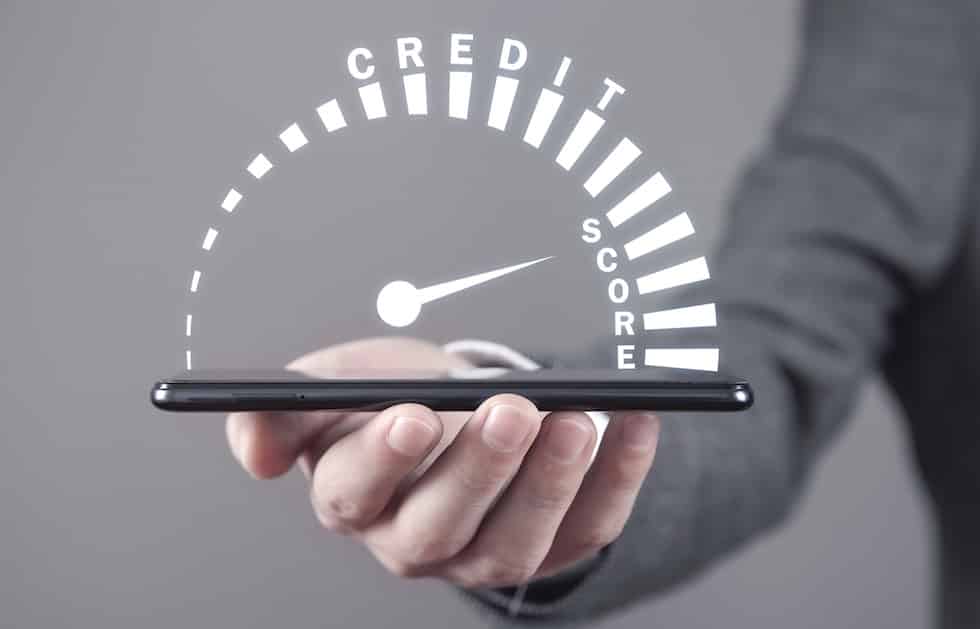Many startup entrepreneurs and small business owners encounter the same challenge when starting a business: securing business credit. Whether you’re applying for a loan to cover startup costs or just covering all your bases, getting business credit is a paradox. You need a credit history to get approved for loans, and you need approval to establish a credit history. Fortunately, it’s easier than you think. Here’s a simple guide on how to establish a business credit score.
Create a Separate Legal Entity
The first step in establishing a business credit score is to create a legal entity for your business and set up separate business bank accounts. Many entrepreneurs will use personal credit to get established without implementing proper financial separation. Not only does this approach limit your ability to build business credit, but it also puts you at risk of an audit down the road.
Separate your personal finances from your business. If you need to put personal money into your business (a common occurrence), transfer it from your personal account to your business account with proper record taking; it will be an owner’s equity transfer or owner’s temporary loan, depending on if you intend to pay yourself back directly.
Create a Business Plan with Financials
The more proof you can show to validate your business and your dedication to success, the more likely you are to be approved for credit. One of the main things a bank or lender wants to see is a business plan with financials. This document should outline your idea for the business, what it does, what operational costs are associated, profit potential, and how you’ll market your business.
In essence, a bank wants to see that you’ve done your research and you have a realistic plan to make money. There are several free templates online to guide you through the process. Many banks and local programs also offer guidance to help you get established.
Apply for a Small Loan or Credit Card
Once you’ve covered the basics, it’s time to apply for a small loan or small business credit card. The idea is to get approved for a minimal amount so that you can easily pay it back and start building your credit history.
It’s important to understand that securing this financing may require a personal guarantee. For example, applying for a Capital on Tap small business credit card requires a business owner to confirm that they’ll pay back the debt using personal funds if necessary. This is common practice during the early days of a startup business.
By taking a small amount now and paying back the loan to establish a good credit score, you’ll be less likely to incur this issue later when the stakes are higher.
Nourish Supplier Relationships
Another way to establish a credit score is to work with suppliers who operate on credit and report to credit bureaus. Getting credit approval from vendors is challenging during the early days. The best way to gain access to this opportunity is to nourish your supplier relationships.
Take the time to build a trusting connection. Learn about the business and make conversation with key stakeholders. Make your payments on time and refer others to this supplier when possible. The better your rapport with a supplier, the more likely you’ll be approved for credit transactions, further establishing your business credit score.
Note that utility providers, such as power and telephone companies, also report to credit bureaus. While you may lack the same personal interaction, making payments on time is essential.
Monitor Your Credit Report
While making payments on time is the top priority for establishing business credit, your overall score should still be top of mind. Set aside time each month to review your credit report during the early days of your business. Monitor the activity for fraudulent transactions or any pain points you should seek to rectify.
Establishing a business credit score takes time and strategy, but it’s well worth the effort during the early days of your startup business.










